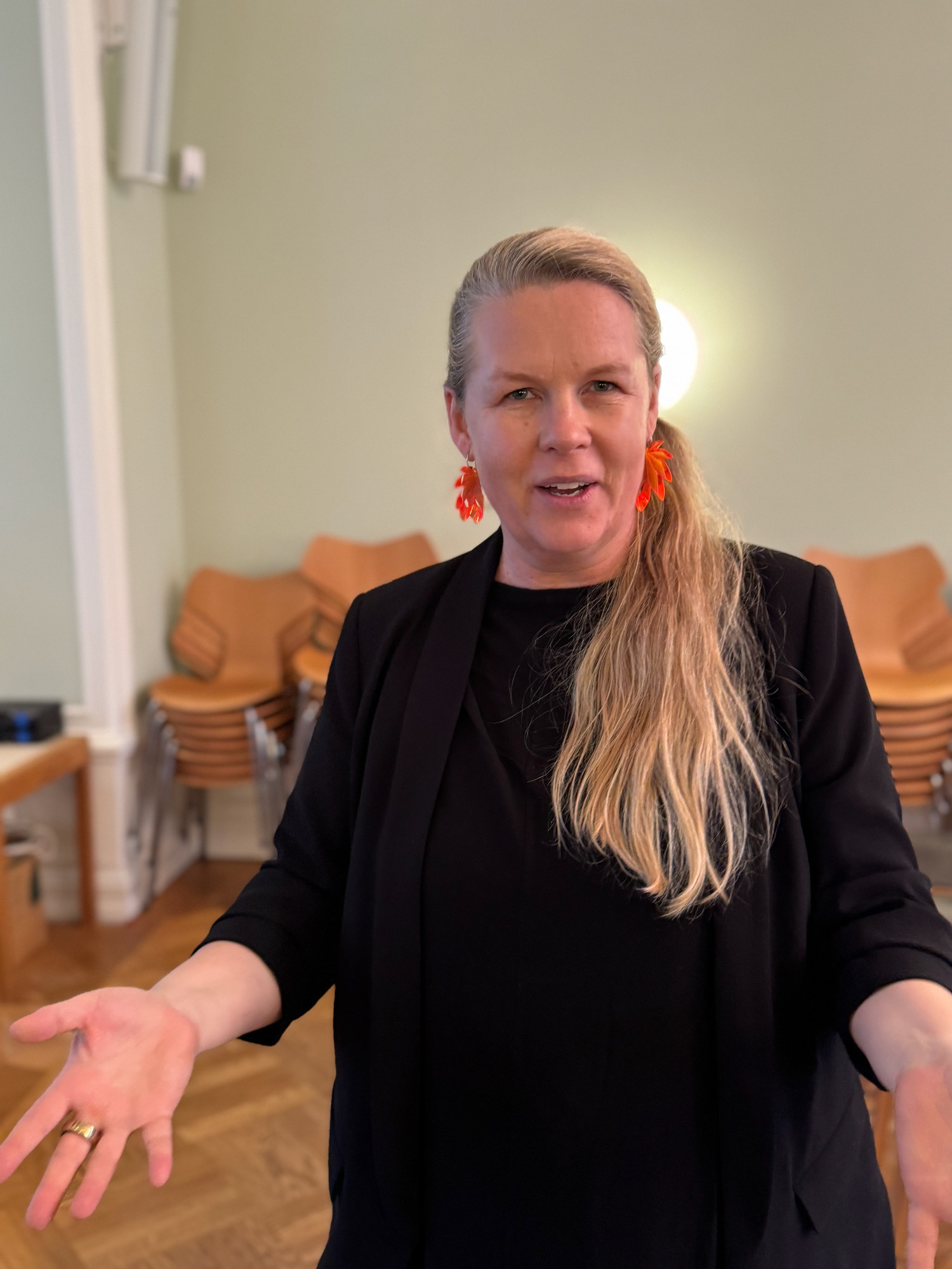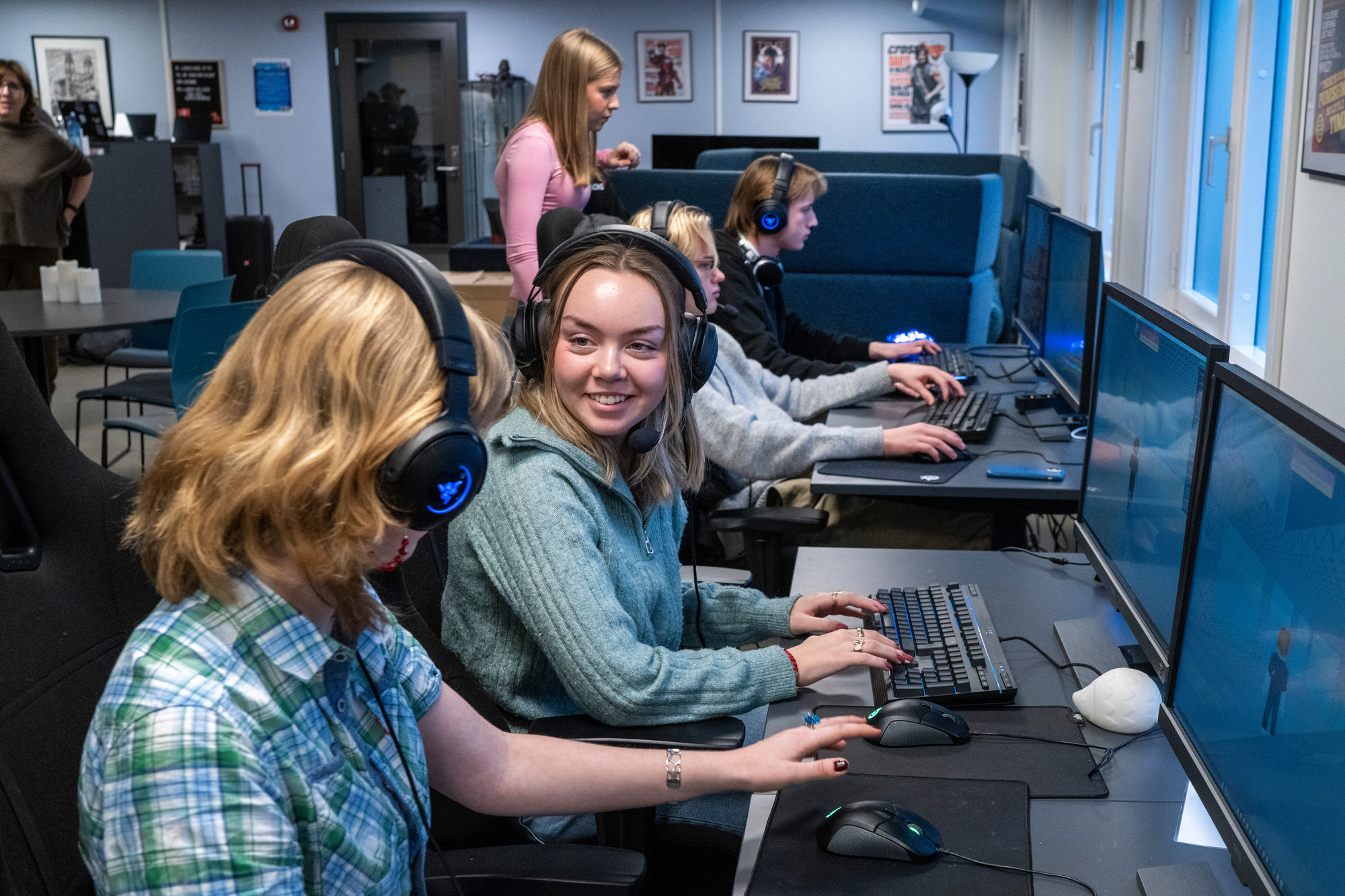Norwegians increasingly more positive to computer games
Norwegians are increasingly more positive to accepting computer games as culture
About 17 per cent have developed a more favourable view of computer games over the past year. Six of ten play computer games, and one of three plays computer games weekly. At the same time, computer games are ranked as having lower status than books and music, for example.
“Computer games deserve more attention and discussion”, contends Joakim Lie of Fritt Ord.
For many years, computer games have represented a widespread, popular phenomenon. Some 61 per cent of Norwegians say that they play computer games. One of three play weekly, and there is a high level of participation across different age groups, including adults up to age 60, according to a new survey carried out for Fritt Ord.
About 17 per cent state that they have developed a more favourable view of computer games over the past year. At the same time, computer games rank lowest in social status compared with activities like reading books, or attending sports events and concerts.
“We need more, not less, understanding of this phenomenon. It is unfolding rapidly and will grow even more over time. It is a paradox that the majority of Norwegians play computer games without reflecting on their status or place in the social debate”, points out Joakim Lie of Fritt Ord.
“Computer games deserve more attention and debate.”
Computer games are also a public space
Analyst and futurist Sofie Hvitved, head of Media at the Copenhagen Institute for Futures Studies, agrees.
“Gaming receives relatively little attention in the social debate, even though it is a technological, economic and cultural driver. This may represent an overlooked opportunity for discussing ethical and political challenges posed by gaming and the digital world”, says Sofie Hvitved. She took part in a seminar on gaming organised by Fritt Ord on Wednesday, 5 March at 7 p.m.
See Sofie’s presentation here.
Hvitved believes the future may bring a change in the status of gaming, but that it will not simply happen.
“The gaming industry is among the world’s largest. In future, gaming will not merely provide entertainment, it will be a platform that can be used for learning, social relationships and cultural innovation. To raise its status, gaming must become a larger part of the social debate”, contends Sofie Hvitved.

Jacob Geller – Gaming is an art form
“Computer games are also art ,”says the American cultural critic Jacob Geller, who visited Fritt Ord on 12 February 2025.
“The problem with far too much media coverage of computer games is that they start with sentences like “computer games have come a long way since Pac-Man”, stated Geller, maintaining that gaming is indeed an art form and an expression of culture. On that account, games should be considered part of the history of art and culture.
See Geller’s speech here.
“My advice to anyone who wants to review computer games is this: read about everything other than games! Read book reviews, theatre reviews, novels, and research articles. In 2025, we have to stop talking in public about computer games as though they were a shocking new phenomenon appearing out of the blue, requiring that they be treated differently from other art.”
Geller maintains that the message holds true regardless of whether or not we are "talking about relatively advanced games brimming with narratives, like ‘Shadow of the Colossus’, ‘Final Fantasy VI’, ‘The Last of Us’, ‘Journey’, ‘Disco Elysium’, or simple ones like ‘Breakout’.




